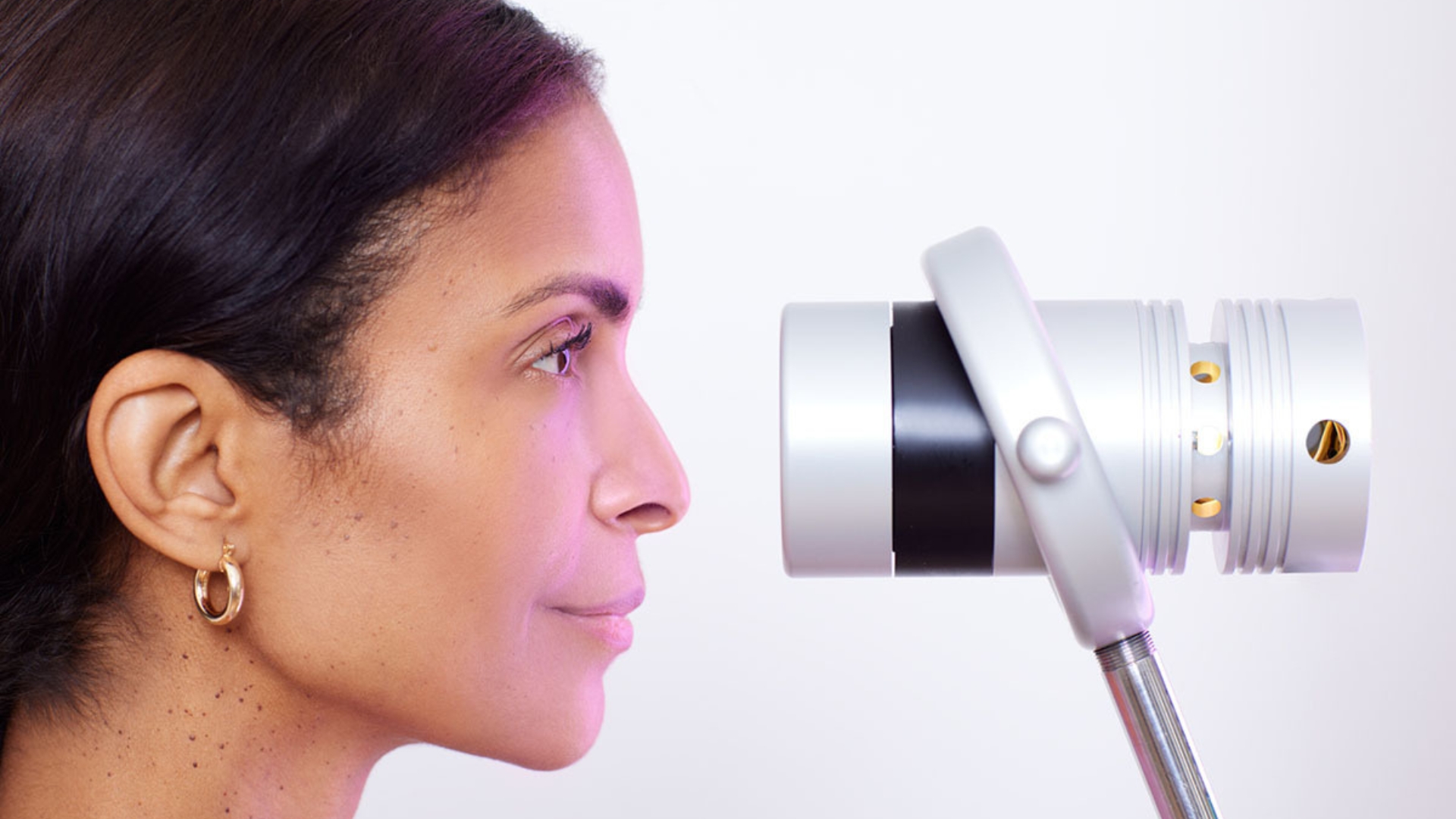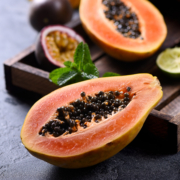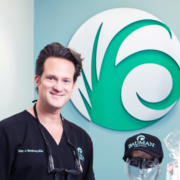Hair Restoration Guide: Herbs, Diets, & Supplements
Are you experiencing hair loss? If so, you aren’t alone. Millions of people around the world suffer from hair loss and for all different reasons. Fortunately, there are a few tried-and-true methods that have helped many to restore their confidence and achieve a fuller head of hair.
In this guide, we’ll explore some natural remedies for hair restoration using herbs, and supplements. We’ll also look at what causes hair loss to begin with so that you can make informed decisions about your treatment plan. Read on for more information!
What Causes Hair Loss?
There are many potential causes of hair loss, including genetics, hormonal changes, medical conditions, medications, and environmental factors. In most cases, however, hair loss is a result of genetic factors. Androgenetic alopecia, or pattern baldness, is the most common type of hair loss, affecting both men and women. Pattern baldness is thought to be caused by a combination of genetic and hormonal factors, including increased production of dihydrotestosterone (DHT), a byproduct of testosterone that attacks the hair follicles.
Hormonal changes that occur during puberty, pregnancy, menopause, and andropause all contribute to hair thinning, while medical conditions, like alopecia areata is an autoimmune condition that causes patchy hair loss. Other conditions that may cause hair loss include scalp infections, skin disorders such as psoriasis and eczema, ringworm of the scalp, certain STIs, and thyroid conditions like hypothyroidism or Hashimoto’s thyroiditis.
Hair loss is also a common side effect of medications used to treat cancer, arthritis, depression, heart problems, and high blood pressure as well as many common toxins including arsenic, thallium, mercury, and lithium.
Diet & Supplements for Healthy Hair
While there’s no magic cure for hair loss, there are certain diets and supplements that can help promote healthy hair growth.
One important nutrient for healthy hair is protein. Your body needs protein to build new cells and repair damaged ones. Foods that are high in protein include lean meats, poultry, fish, and eggs. If you’re not getting enough protein from your diet, you can supplement with one of our clinically-evaluated protein powder recommendations, such as Ka’Chava.
Another nutrient that’s important for hair health is biotin. Biotin is a water-soluble vitamin that helps the body convert food into energy. It’s also essential for the health of skin and nails. Good sources of biotin include egg yolks, salmon, avocados, and nuts.
If you’re experiencing hair loss, it’s important to talk to your doctor about any supplements or diets that you’re considering. Many people find that taking specific supplements, like biotin, can help to promote hair growth.
In addition to maintaining a healthy diet, there are other lifestyle changes you can make to promote healthy hair growth. One of these is reducing stress levels. High levels of stress can lead to hair loss so it’s important to find ways to relax and de-stress. Exercise, meditation, and time in nature are all great ways to reduce stress levels.
Similarly, adaptogens are like nature’s mood stabilizers and are often used in hair regrowth products to stimulate blood flow, balance hormones, and of course, reduce stress.
The Role of Rosemary in Hair Restoration
Rosemary is one of the oldest and most popular herbs used for hair care. Similar to peppermint oil, rosemary has anti-inflammatory and antioxidant properties that promote circulation. It is also rich in nutrients essential for healthy hair, including vitamins A, C, and B6, and iron, magnesium, and calcium. Carnosic acid, the active ingredient in rosemary, has been shown to improve follicle viability and reverses nerve damage, which may also help stimulate hair regrowth.
Another study investigating rosemary and hair regrowth demonstrated that rosemary leaf extract (rather than the essential oil) reversed hair loss triggered by excess testosterone.
How to Use Rosemary Oil for Hair Restoration
Rosemary can be used fresh or dried and is typically added to shampoos, conditioners, oils, and other hair products. One way to use rosemary for hair restoration is to make a strong tea with fresh or dry rosemary leaves. Steep the leaves in boiling water for 3-5 minutes then strain. Massage the tea into your scalp and leave it on for 30 minutes before rinsing.
You can also add 10-12 drops of rosemary essential oil to your shampoo and let sit for 5 minutes.
Another option is to mix 5 drops of rosemary oil with 2 tablespoons of carrier oils like olive or coconut and massage into your scalp. Leave the oils in for 30 minutes and then wash your hair thoroughly. As rosemary oil is astringent it should not come into contact with eyes or mouths or be used on children.

Conclusion
Hair loss can be an extremely stressful experience. Luckily there are a variety of treatments available that can help. Rosemary is a popular culinary herb that doubles as a powerful tonic for the scalp and hair. Additionally, maintaining a healthy diet, reducing stress levels, and utilizing supplements like biotin, zinc, and adaptogens may also be helpful in strengthening existing hair and promoting new growth.
With these tips in mind, you should now have the tools necessary to begin restoring the luscious locks you once had!
If you’re experiencing hair loss, don’t hesitate to consult with your doctor. They can help you determine the cause and recommend the best course of action for you.
See how we can help you restore complete health of body, mind & spirit.
Join our mailing list and receive exclusive offers + information!







Leave a Reply
Want to join the discussion?Feel free to contribute!